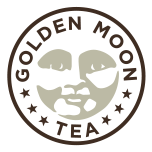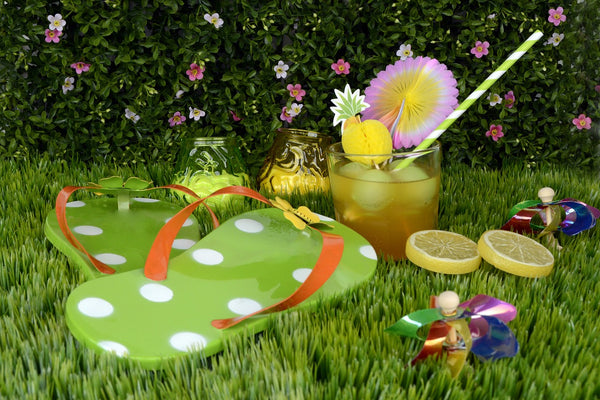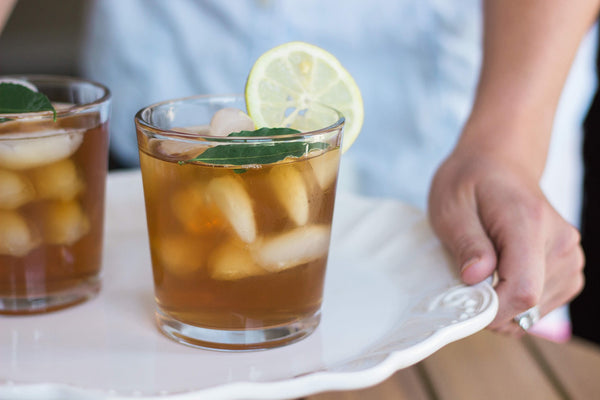
Peter Bretter: Hey are you Chuck?
Surfing Instructor: Man they won't change that stupid flyer, Chuck's my mainland name, my Hawaiian name's Kunu
Peter Bretter: Oh sorry
Surfing Instructor: It's cool, it's all good
Peter Bretter: So does Kunu have some cool Hawaiian meaning?
Surfing Instructor: It means Chuck
Much like Chuck in the movie Forgetting Sarah Marshall, names can have many spellings and pronunciations, but mean the same thing. This is what happened with tea.
Tea used to be called “Cha” everywhere in the world
And the term “cha” is still used today in Japan. The only place that didn’t call it “cha” was the Fujian Province in China.
The Dutch changed all of that
In the 1600’s, the Dutch were a major player when it came to international trade. Because of this, they were one of the first Westerner cultures to trade tea and import it to Europe.
Their first contacts were in the Fujian Province in China and since they called tea “te” (pronounced “tay”), they introduced the beverage to the European masses under that name.
The pronunciation changed to “Tee”
For some unknown reason in the 1800’s, the English changed the pronunciation from “tay” to “tee.” This is where we get the word “tea.”
But Tea is only an American and English word
In many places in Europe, they pronounce the word as “Tay” and in India they call it “Chai.” In Japan they use the “original” version of the beverage “Cha.” This is why almost all Japanese teas have the word “cha” in it (Sencha, Hojicha, Genmaicha, Matcha).
Sound Confusing?
Well, it kind of is. Since tea is such an old beverage that has been extremely popular throughout the world, it has many different languages attached to it. But don’t worry, unlike Kunu/Chuck, tea is so universally accepted around the world that almost anyone will know what you are referring to.
1 Response
Leave a comment
Comments will be approved before showing up.



tomas brandao
December 18, 2016
Actually Tea derives from a portuguese acronym Transporte de Ervas Aromaticas (aromatic herbs transport) T.E.A and its comercialization in englad began when Catarica de Branganca a portuguese Princess moved to england